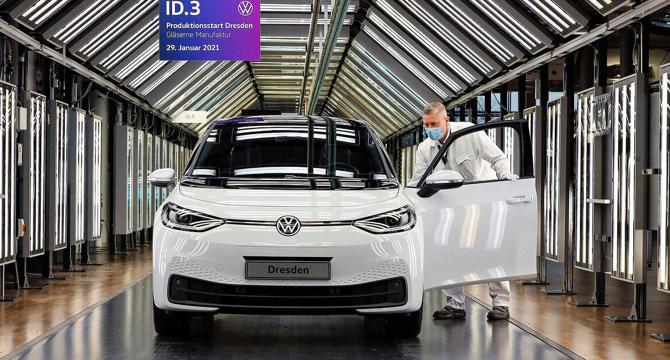The Truth About Cars
1d
360

Image Credit: The Truth About Cars
Volkswagen Cutting 35,000 Jobs After Union Deal Reached
- Volkswagen Group is planning to cut over 35,000 jobs and scale down production on certain models.
- VW had been discussing numerous factory closures in Germany with the eventual goal of slowing production of lower volume products and moving assembly into places where labor costs were much less.
- However, factory closures and layoffs are still happening — just on a longer timeline than originally planned.
- Union leaders are happy with the final agreement reached with Volkswagen, and praised it as a “Christmas miracle” because VW walked back proposed wage cuts of 10 percent.
- While there were no immediate closures, VW said it was looking into options for its Dresden plant and repurposing the Osnabrueck site, including looking for a buyer. Some production would be shifted to Mexico.
- VW Group CEO Oliver Blume said, 'We are now back in a position to successfully shape our own destiny.'
- VW said the deal would save 15 billion euros ($15.6 billion) annually in the medium term and saw no significant impact on its 2024 guidance.
- The ongoing labor strikes are considered the largest in Volkswagen's history.
- Volkswagen has been debating cost cutting with union representatives since the start of autumn, prompted by concerns such as the slowing demand for all-electric vehicles.
- The company plans to reduce employment by more than 35,000 jobs between now and 2030 in a socially responsible manner alongside its “job protection plan.”
Read Full Article
21 Likes
For uninterrupted reading, download the app